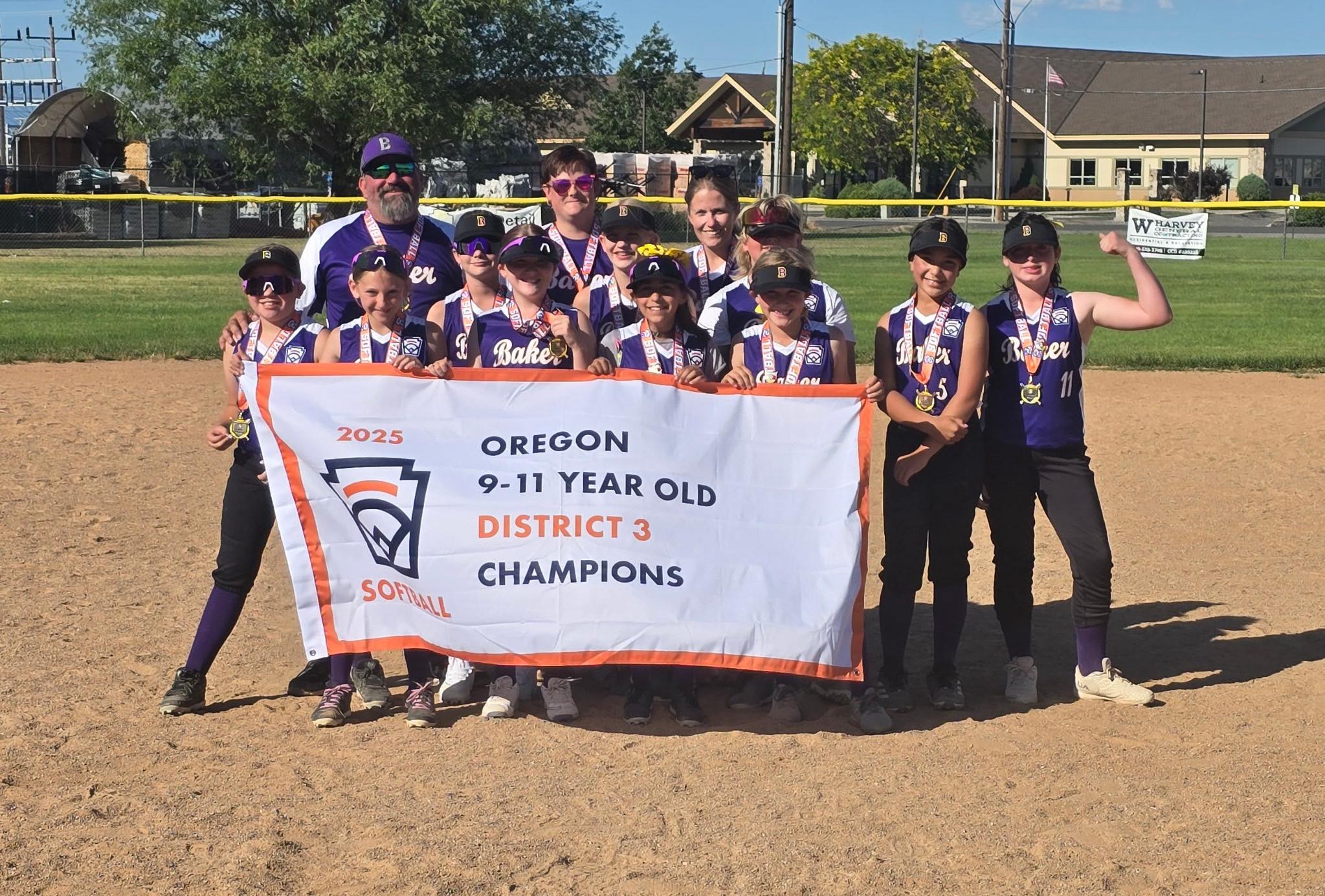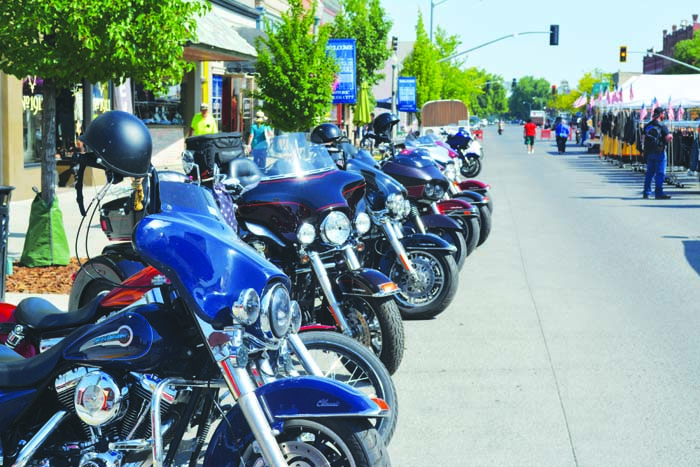COLUMN: Phyllis Badgley: An irreplaceable fixture in Baker City
Published 12:00 pm Thursday, April 6, 2023
I have met very few people like Phyllis Badgley.
Were I so lucky to come across even one more, my life, no matter how little of it was left, would be enriched beyond measure.
But that is the sad truth of the matter.
The truly wonderful things we encounter, whether they’re people or places or even just that one perfect day against which all the others must forever be measured, and fall short, these are too precious, all of them, to ever be common.
Their rarity is part of their magic.
And so we bask when we are fortunate enough to fall within their glow.
But we also feel the greater weight of the sadness that attends their absence, something we recognize as inevitable but still rail against, with the unique fury that belongs to the bereaved.
Phyllis, who was a lifelong Baker City resident, died on April 3. She was just a few days from her 99th birthday.
I couldn’t say how many times either my wife, Lisa, or I has remarked, during a conversation, “I’ll bet Phyllis would know.”
Or words to that effect.
But these instances surely number in the dozens.
And like as not, if we sought to satisfy our curiosity, Phyllis would indeed not only be able to answer our question about some facet of Baker City’s history, but she would regale us with a story far more compelling, more rich in its detail, than we expected.
Phyllis wasn’t an historian in the academic sense.
But her knowledge of Baker City’s people and buildings and events was as near to encyclopedic as anyone is apt to ever achieve. The Baker City Herald was a major beneficiary of Phyllis’ generosity, as she contributed dozens of historical articles to the paper over the years.
She lived here for almost a century, save for the period when she was training in the Cadet Nurse Corps in Washington during World War II.
But mere longevity hardly explains how Phyllis came to be a unique repository of the legacy of this place she loved so fiercely, where she drew her first breath, and her last.
Phyllis was both a keen observer and possessed of a formidable memory, those attributes being equally vital, it seems to me.
Only someone with that combination could have assembled such a volume of information and then accessed it as easily as a library patron thumbing through the cards.
The better analogy nowadays, of course, is scrolling through a computer database.
And it happens that Phyllis, unlike some of her contemporaries, adjusted to technology with not just equanimity but what seemed to me, as an occasional recipient of her emails, as genuine enthusiasm.
Although physical ailments somewhat slowed Phyllis over the past few years — her mental faculties continued to hum along with a smoothness that people several decades her junior (me, for instance) could only admire helplessly — email afforded her the ability to continue her correspondence in its customary, considerable volume.
I always felt a special thrill when I saw “Phyllis B” in my inbox.
Until a few years ago I was rather fastidious about deleting emails — a lingering fear, I suspect, of those who recall the era when one megabyte of computer memory seemed a prodigious amount.
I wish now that I had just let the messages accumulate.
I would have a more extensive collection of my digital dialogue with Phyllis, each one a pleasant memory to reminisce over on a difficult day when thinking of Phyllis would be to the soul as a balm is to a skin burn.
I do have a handful, though, and these I will keep.
On Oct. 27, 2020, I emailed Phyllis, who was then living at Meadowbrook Place. There had been a fire that morning in an old building on 10th Street, and of course I thought immediately of Phyllis when I had a question about the structure’s history.
Although Phyllis replied less than two hours later — an alacrity that, alas, many people who are paid to respond to my questions can’t match — she apologized for being “late” in replying.
As I expected, she not only answered my question, but she added several other details which I, in my comparative ignorance of local history, was incapable of even asking about.
She concluded the email with two sentences that must have made me smile, as they seem to me now both a quintessential Phyllis sign off and a reminder that, even as she neared her centennial, she continued to live richly and well.
“Enough for now, I need to watch TV Series ballgame. My son in law & I cheer the Dodgers. Phyllis B.”
I wished her good luck and noted, in my reply, that the Dodgers were at that moment winning.
As much as I cherish these emails, they don’t compare, for poignancy and as irreplaceable keepsakes, with Phyllis’ handwritten cards, inevitably decorated with flowers.
She sent many of those to my family.
Even though she has her own family, and I’m sure many dozens of friends, Phyllis never failed to frequently ask after our children, Olivia and Max.
And never have I known anyone who is not a relative whose interest in my kids’ lives was so pure, so utterly without contrivance.
I am not capable of writing about Phyllis without resorting to clichés, much as I despise using common terms to describe a woman who was precisely the opposite of common.
But she truly was one of a kind.
Not because she had such an abiding love for her town or an unmatched knowledge of its history, although both of those descriptions are beyond dispute.
Phyllis Badgley’s legacy is not what she knew.
It’s who she was.
And in that regard, she stood alone.







